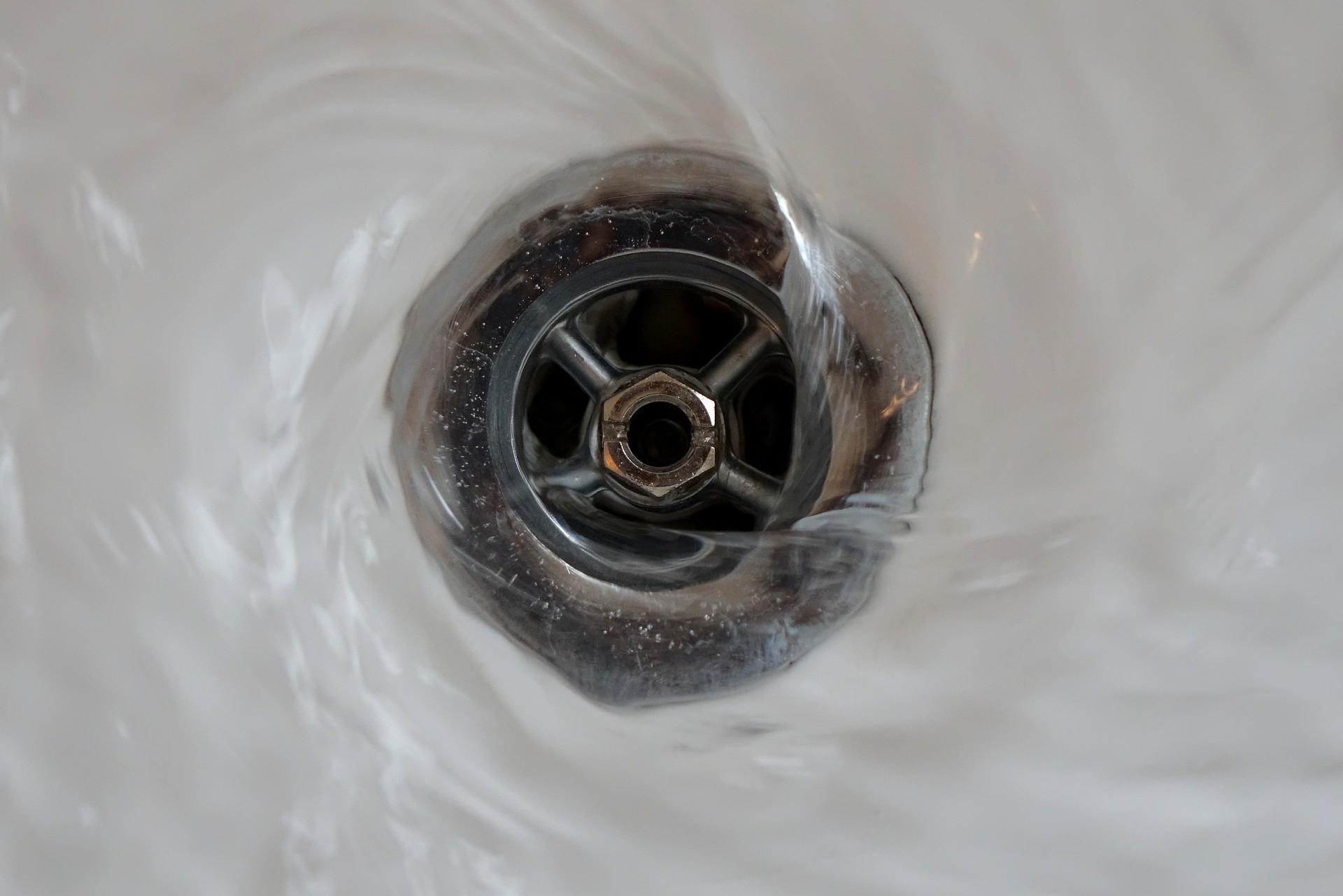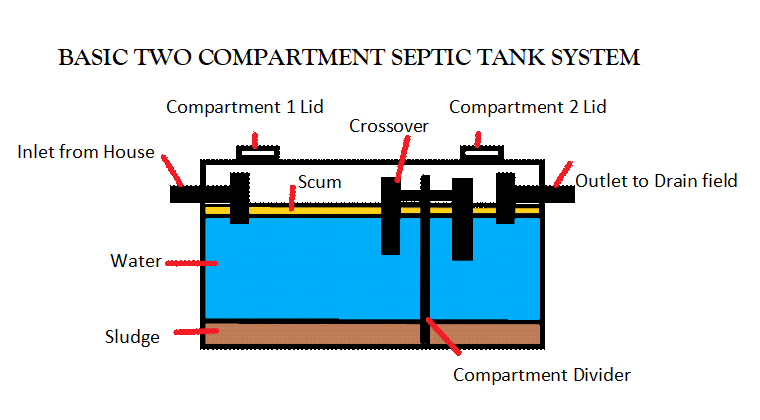Don’t Let Your Septic System Go Down the Drain

Don’t Let Your Septic System Go Down the Drain
By Patti Thornburgh
If you live in the back country, chances are you have a septic system. But what do you really know about the system?
A septic system is a permanent, safe and effective system of disposing, treating and collecting sewage or wastewater from the laundry, kitchen and bathrooms of homes where a public sewer system is not available. It is usually used when there are no accessible sewage treatment plants in the area. Wastewater can contain pollutants and germs that can cause health problems. This wastewater needs to be treated to safeguard the environment and human health. A proper septic system in good working condition will be able to handle the job just fine.
Some things people do daily can harm the septic system. Here are tips to help alleviate septic problems.
Never pour chemicals down the drain. This includes washing paint (including latex) from paint brushes, cleaners containing phosphates or high surfactant levels. Septic-safe or septic friendly products are normally biodegradable with low surfactant levels and are non-phosphates. Spread out loads of laundry to one load per day or throughout the day with a few hours between each load. Avoid using chemical fabric softeners and detergents containing phosphates.
Be cautious of lint from the washing machine as bacteria in the tank can’t break it down and it can clog up the drain field.
Avoid using the garbage disposal heavily or avoid it all together. The garbage disposal can send too much solid waste into the septic system preventing the bacteria from being able to break up the solid waste properly. Also avoid dumping coffee grinds down the drain.
Avoid putting fats, oils, and grease down the drain.
Avoid putting any solids down the drain or toilet other than human waste and septic safe toilet paper. Those “flushable” wipes that say “septic safe” should not be flushed into the septic system. Also avoid flushing animal waste or cat litter in the toilet.
Don’t put too much wastewater down the drain over a short period of time, such as from emptying a spa tub.
Avoid driving or parking on the septic system and drain field.
Do not build over any part of the septic system.
Plant only shallow root plants over septic system and near drain field. Avoid planting water seeking trees and shrubs near the tank or drain field.
Routine maintenance of your septic system is also important. Pumping and inspecting the septic system should be done periodically. Check with a reliable septic company for information on how often this should be done for your particular usage. With proper care and use of the septic system, most problems should be avoided and the septic system should function for years to come.
SEPTIC SAFE PRODUCTS
Dawn® or other non-phosphate/surfactant dish soaps
Biodegradable detergents with low levels of surfactants
Epsom salt
Baking soda
Distilled White Vinegar
Apple Cider Vinegar
Lemon juice
Borax
Iron Out®
OxiClean®
PRODUCTS HARMFUL TO SEPTIC SYSTEMS
Chlorine bleach
Ammonia
Antibacterial and antimicrobial agents
Cosmetics
Medications
Hydrogen peroxide
Drain cleaner
Weed killer
Insecticides
Any vehicle fluids
